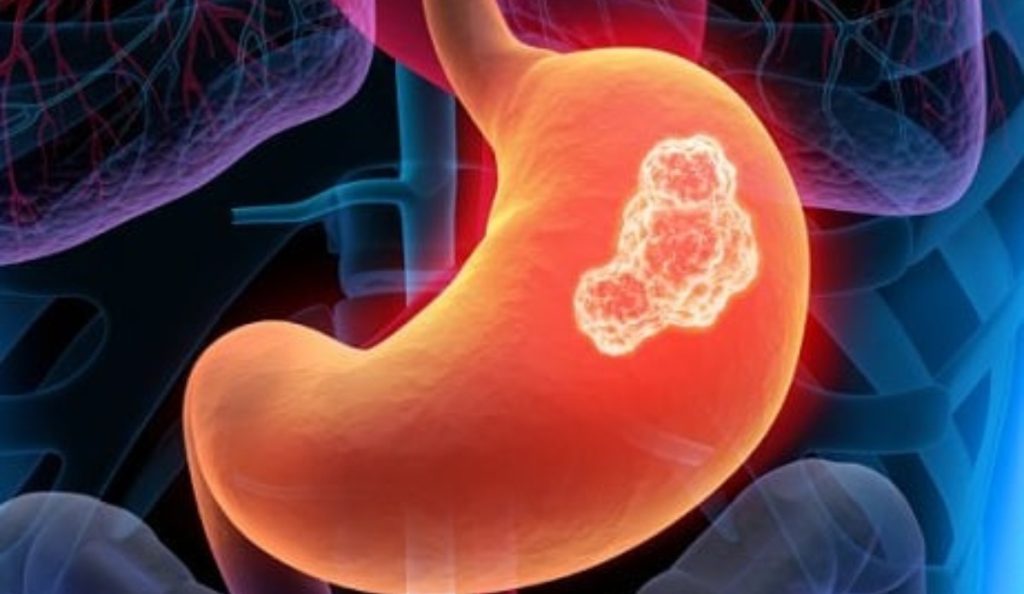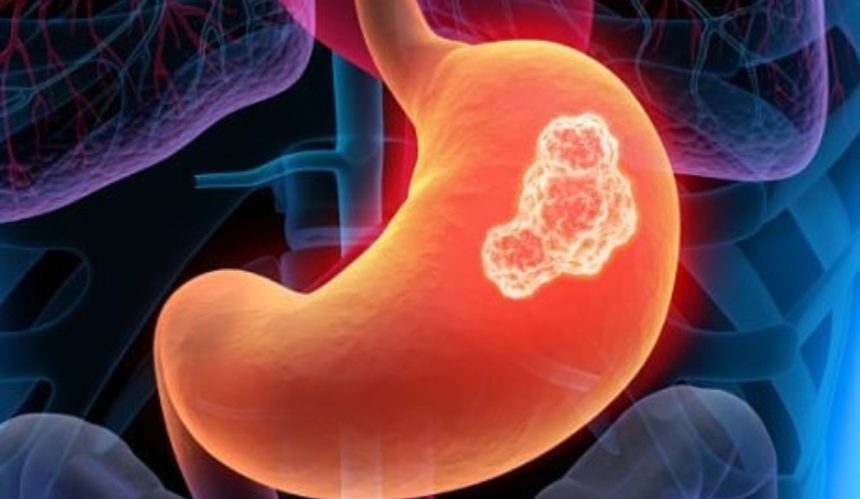The stomach, a vital organ in the digestive system, plays a central role in breaking down food, absorbing nutrients, and facilitating digestion. However, like any other part of the body, the stomach is susceptible to a range of diseases and disorders that can significantly impact an individual’s health and quality of life. In this comprehensive guide, we delve into the world of stomach issues, exploring common conditions, symptoms, underlying causes, and available treatment options.

Understanding Stomach Diseases:
It encompasses a wide range of conditions that affect the structure and function of the stomach. These diseases can affect individuals of all ages and may vary in severity from mild discomfort to life-threatening complications. Some common stomach problems include:
Gastritis:
Gastritis is inflammation of the stomach lining, often caused by bacterial infections (such as Helicobacter pylori), excessive alcohol consumption, prolonged use of nonsteroidal anti-inflammatory drugs (NSAIDs), or autoimmune disorders. These ulcers can be caused by factors such as Helicobacter pylori infection, prolonged use of NSAIDs, excessive alcohol consumption, smoking, or stress. Symptoms of peptic ulcers may include burning abdominal pain, bloating, nausea, vomiting, and black or bloody stools.
Gastroesophageal Reflux Disease (GERD):
GERD is a chronic condition characterized by the reflux of stomach acid into the esophagus, causing irritation and inflammation of the esophageal lining. Common symptoms of GERD include heartburn, regurgitation of stomach acid or food, chest pain, difficulty swallowing, and chronic cough.
Gastric Cancer:
Gastric cancer, also known as stomach cancer, is a malignant tumor that develops in the lining of the stomach. Risk factors for gastric cancer include Helicobacter pylori infection, smoking, a diet high in processed foods and low in fruits and vegetables, obesity, and a family history of gastric cancer. Symptoms of gastric cancer may include abdominal pain, bloating, nausea, vomiting, unintended weight loss, and blood in the stool.
Diagnosis and Treatment:
Diagnosing stomach infection typically involves a combination of medical history assessment, physical examination, imaging tests (such as X-rays, CT scans, or endoscopy), and laboratory tests (such as blood tests or stool tests). Once diagnosed, treatment options for stomach diseases may vary depending on the specific condition and its underlying cause. Some common treatment modalities include:
Medications:
Depending on the nature of the stomach disease, various medications may be prescribed to alleviate symptoms, reduce inflammation, suppress gastric acid production, or eradicate bacterial infections. For example, proton pump inhibitors (PPIs) and H2-receptor antagonists are commonly used to treat GERD and peptic ulcers, while antibiotics may be prescribed to treat Helicobacter pylori infections associated with gastritis and peptic ulcers.
Lifestyle Modifications:
Making lifestyle changes can significantly improve symptoms and outcomes for individuals with stomach problem. This may include adopting a healthy diet rich in fruits, vegetables, whole grains, and lean proteins, avoiding trigger foods (such as spicy or acidic foods), reducing alcohol and caffeine intake, quitting smoking, maintaining a healthy weight, and managing stress through relaxation techniques or therapy.
Surgery:
In some cases, surgical intervention may be necessary to treat or manage certain stomach diseases, such as severe peptic ulcers, gastric cancer, or complications of GERD (such as Barrett’s esophagus or esophageal strictures). Surgical procedures may involve removing diseased tissue, repairing perforations or strictures, or reconstructing the gastrointestinal tract.
Endoscopic Procedures:
Endoscopy, a minimally invasive procedure that uses a flexible tube with a camera and light attached (endoscope) to visualize the inside of the digestive tract, may be used to diagnose and treat certain stomach diseases. Endoscopic procedures such as endoscopic mucosal resection (EMR), endoscopic submucosal dissection (ESD), or endoscopic ablative therapies (such as radiofrequency ablation or cryotherapy) can be used to remove or destroy abnormal tissue, precancerous lesions, or early-stage cancers.
Prevention and Management:
While some stomachproblems may be unavoidable due to genetic or environmental factors, there are steps individuals can take to reduce their risk and manage symptoms effectively. These include:
Maintaining a Healthy Diet:
Consuming a balanced diet that is rich in fibre, vitamins, and minerals can support digestive health and reduce the risk of stomach diseases. Avoiding excessive intake of fatty, spicy, or acidic foods, as well as minimizing alcohol consumption and avoiding smoking, can also help prevent or manage stomach-related issues.
Practicing Good Hygiene:
Practising good hygiene, such as washing hands regularly, avoiding contaminated food and water, and practising safe food handling and preparation techniques, can help prevent bacterial infections that may contribute to stomach diseases.
Managing Stress:
Stress can exacerbate symptoms of stomach diseases such as GERD and gastritis. Engaging in stress-reducing activities such as exercise, meditation, yoga, or deep breathing exercises can help manage stress and improve overall well-being.
Seeking Regular Medical Care:
Regular medical check-ups and screenings can help detect stomach diseases early, when they are most treatable. Individuals with a family history of stomach diseases or other risk factors may benefit from closer monitoring and proactive management.
Conclusion:
Stomach diseases encompass a diverse array of conditions that can affect individuals of all ages and backgrounds. From gastritis and peptic ulcers to GERD and gastric cancer, these diseases can cause a range of symptoms and complications that significantly impact quality of life. However, with proper diagnosis, treatment, and management, many stomach diseases can be effectively controlled, and symptoms can be alleviated. By understanding the symptoms, causes, and treatment options for stomach diseases, individuals can take proactive steps to protect their digestive health and improve their overall well-being.



Watch movies from the guy’s perspective to feel just like
you’re right in the center of the action and obtain a good view!
You will find big booties in just about any other category it is possible to
think of! Whether you’re into curvy teenagers, sexy MILFs, or
thick Asians, each of them have a spot here. Check out the bouncing, backshots, and incredible action in group
intercourse, gangbangs, anal, one-on-one, plus much more. https://leaks-hubgthu147925.iyublog.com/28204419/the-place-is-one-of-the-best-how-to-get-a-girl-to-send-you-nudes